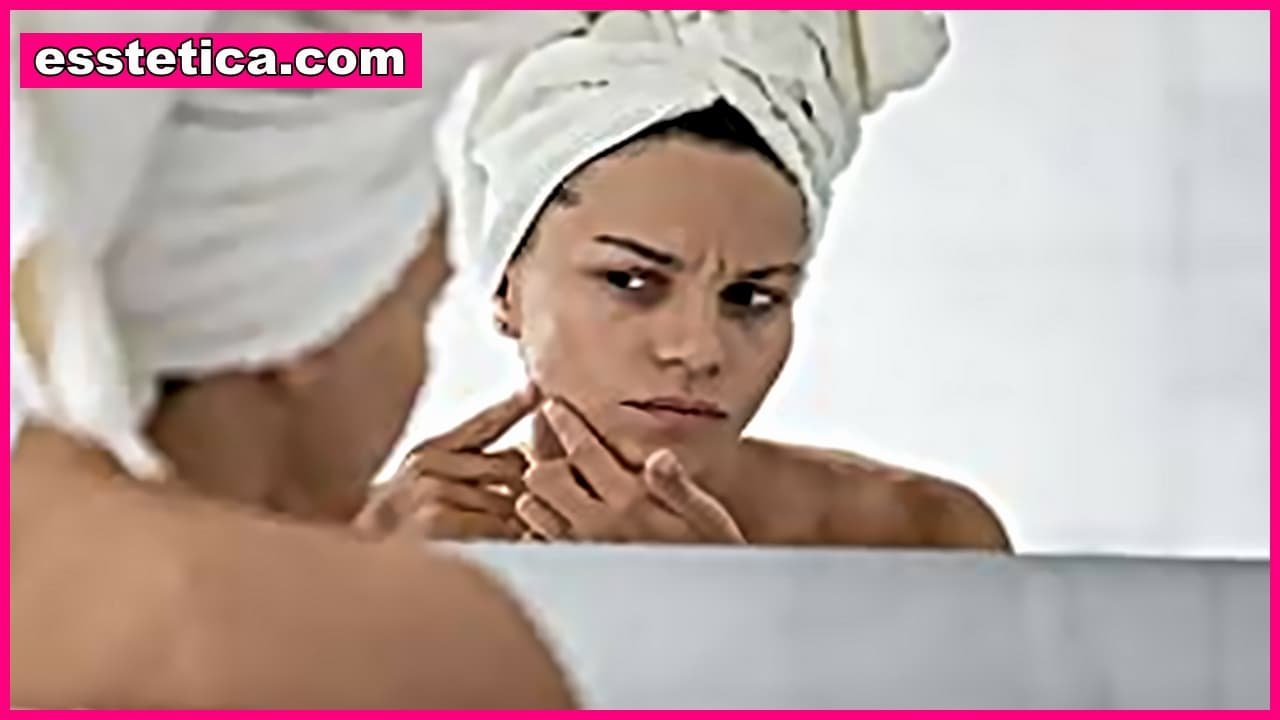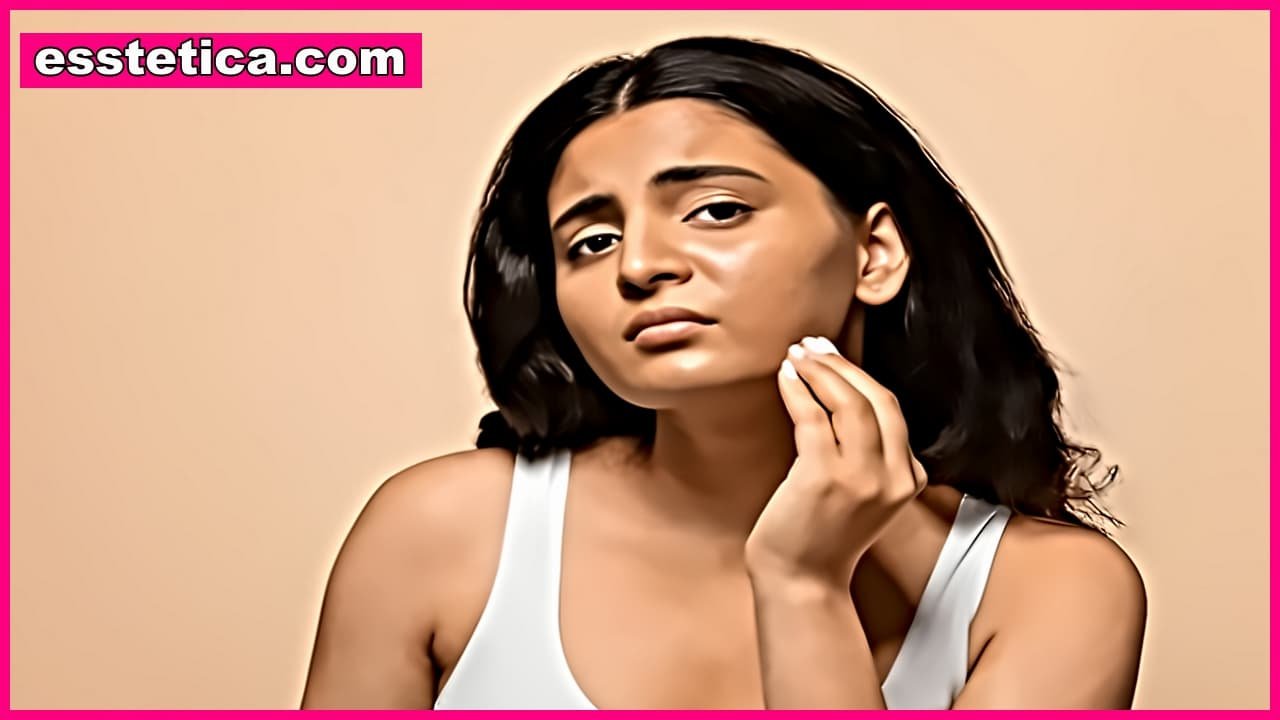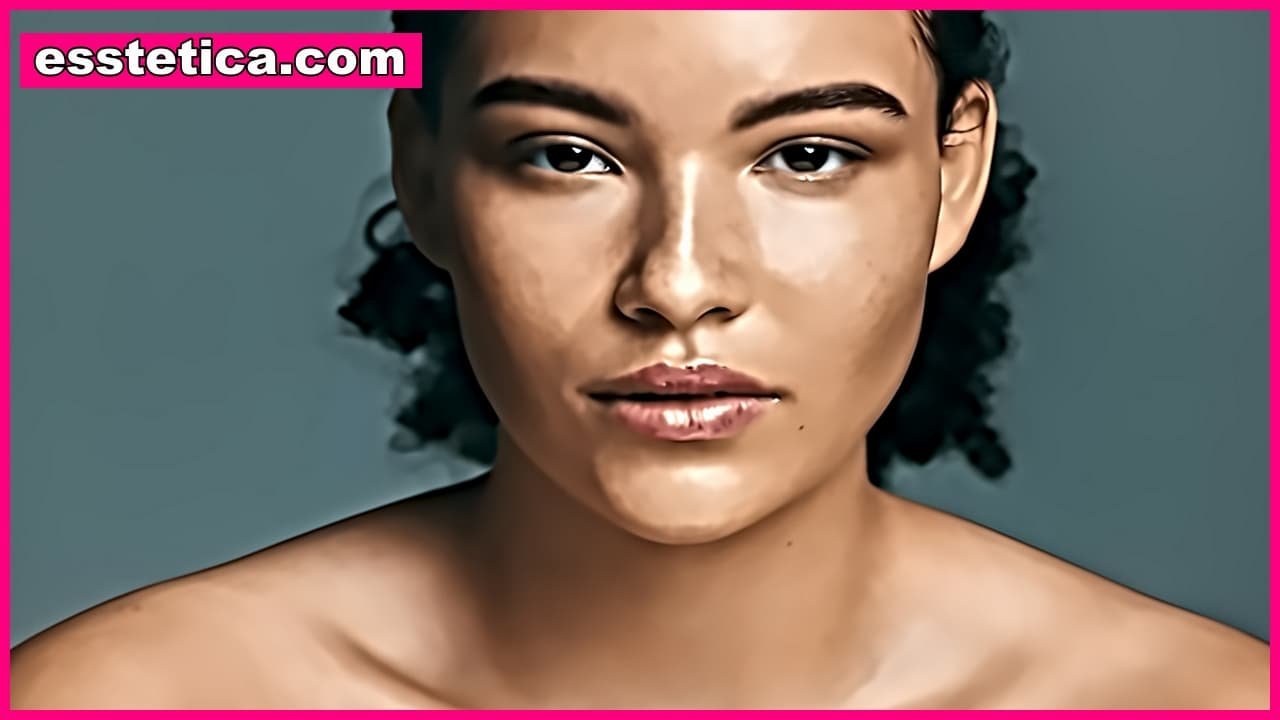Introduction
You know that feeling — the one where a tiny pimple suddenly turns into an unbearable itch-fest. You try not to touch it (because everyone says not to), but the more you resist, the stronger that itch becomes. And before you know it, you’ve scratched, irritated, and possibly made it worse.
So… why does acne itch? Is it normal? Is it a sign that it’s healing — or getting worse?
Let’s dig deep (not literally, please) into the real reasons acne itches, what your skin is trying to tell you, and most importantly, how to calm it down without making it explode into a full-blown breakout.
Understanding the Itchy Side of Acne
When Acne Turns from Painful to Itchy
Most people think of acne as red, sore, or inflamed — not itchy. Yet for many, especially during healing or flare-ups, that’s exactly what happens.
That itch is your skin’s way of saying: “Hey, something’s going on here.” But what’s happening underneath the surface is a little more complicated.
What’s Actually Causing the Itch?
Several things can make acne itch:
-
Inflammation: The immune system releases histamines to fight bacteria and heal damaged skin — histamines = itch.
-
Drying treatments: Harsh acne creams or benzoyl peroxide can strip your skin, leaving it dry and flaky.
-
Healing phase: When pimples start healing, the skin tightens and regenerates, triggering that itchy “new skin” sensation.
-
Fungal acne or irritation: Sometimes, what you think is acne is actually fungal infection — and that tends to itch even more.
In short, itching can mean healing or irritation. The trick is knowing which.
When Acne Itches: The Hidden Triggers
1. Overusing Acne Treatments
Ironically, the very products meant to clear your skin can also make it itch.
Benzoyl peroxide, salicylic acid, and retinoids are powerful tools — but they can also dry out your skin barrier. Once that barrier’s compromised, it becomes more sensitive to air, sweat, and even your pillowcase. That’s when the itch sets in.
Tip: Start with lower concentrations and moisturize like it’s your religion.
2. Allergic Reactions or Contact Dermatitis
Sometimes, acne treatments contain fragrances, alcohols, or preservatives that don’t agree with your skin.
Result? Red bumps, itching, maybe even mild swelling.
If you notice the itching starts right after using a new product — or only appears where you applied it — that’s your clue.
Quick test: Stop using that product for a few days. If the itch fades, you’ve found your culprit.
3. Fungal Acne (Malassezia Folliculitis)
Here’s a curveball: not all acne is bacterial.
Fungal acne — caused by yeast overgrowth — often looks like small, uniform bumps and itches like crazy.
It loves sweaty environments, like your chest, back, or forehead. If your breakouts flare up after workouts or hot weather, fungal acne might be to blame.
Solution: Try products with ketoconazole, sulfur, or zinc pyrithione (yes, the stuff in dandruff shampoo).
4. Healing Stage of a Pimple
Ironically, that itch could mean your acne is actually getting better.
When inflammation subsides and the skin starts to regenerate, new cells form beneath the surface. That tight, tingly, itchy feeling? It’s part of your body’s natural repair process.
But don’t get too happy — scratching it can tear new tissue and cause scarring.
In other words: itching = okay; scratching = disaster.
5. Environmental Factors
Weather can play a huge role.
In dry climates, lack of moisture makes skin itchy.
In humid areas, sweat mixes with oil and bacteria, clogging pores and causing both breakouts and irritation.
Even things like hard water, pollution, or rough fabrics can trigger itching in acne-prone areas.

✅ Struggling with acne? Discover the 2 natural solutions I personally recommend:
👉 Get Ninja Health Now — Launch Your Health Site in 60 Seconds
How to Stop Acne from Itching (Without Making It Worse)
1. Moisturize Intelligently
It might sound counterintuitive, but hydration is essential for calming itch.
Choose oil-free, non-comedogenic moisturizers with ingredients like:
-
Ceramides – rebuild your skin barrier
-
Niacinamide – calms inflammation
-
Aloe vera or green tea extract – soothe and cool the skin
Avoid: Heavy oils, fragrances, or alcohol-based gels — they’ll only make things worse.
2. Go Easy on Actives
If your skin’s itchy, give it a break.
Scale back on exfoliating acids and spot treatments for a few days. Let your barrier recover before you reintroduce actives one at a time.
A simple reset routine:
-
Gentle cleanser
-
Lightweight moisturizer
-
SPF (yes, even if it’s cloudy)
After 3–5 days, your skin will tell you when it’s ready to get back in the game.
3. Try a Cool Compress
A cold compress is like a reset button for inflamed skin.
Hold a clean, damp cloth over the itchy area for a few minutes — instant relief, no scratching needed.
Pro tip: Don’t use ice directly on skin; it can cause irritation or even mild frostbite.
4. Avoid Touching, Scratching, or Picking
You already know this one — but it’s worth repeating.
Scratching doesn’t just make the itch worse; it can also spread bacteria and cause post-inflammatory hyperpigmentation (dark marks).
Try this instead:
-
Tap gently on the itchy area instead of scratching.
-
Keep nails short and clean.
-
Distract yourself — seriously, scroll or squeeze a stress ball.
5. Sleep Smart
Dirty pillowcases are a silent trigger. Sweat, bacteria, and hair products build up over time, irritating acne-prone skin.
Simple habits to adopt:
-
Change pillowcases twice a week.
-
Choose breathable cotton or silk.
-
Keep hair tied back if it’s oily.
Sometimes, your skin just needs a cleaner place to rest.
When Itchy Acne Could Mean Something More Serious
1. Fungal Infection or Yeast Overgrowth
If your acne is itchy, uniform, and unresponsive to regular acne products — it might be fungal.
A dermatologist can confirm it and prescribe antifungal creams or oral meds.
2. Allergic or Contact Dermatitis
Persistent itching with redness, burning, or peeling might not be acne at all — it could be allergic dermatitis.
Your skin’s barrier might be reacting to an ingredient or fabric.
Derms often recommend patch testing to identify the irritant.
3. Skin Conditions That Mimic Acne
Conditions like rosacea, eczema, or seborrheic dermatitis can look like acne but behave differently — especially if itching is constant or intense.
If your “acne” doesn’t respond to over-the-counter treatments within a few weeks, get it checked. You might be treating the wrong thing entirely.
Natural Remedies to Calm the Itch
1. Aloe Vera Gel
Nature’s original skin soother. Pure aloe helps cool inflammation, hydrate, and reduce itching. Just make sure it’s 100% aloe vera, not a neon-green drugstore version full of alcohol.
2. Green Tea Compress
Steep a bag of green tea, let it cool, and apply it to the itchy area.
The antioxidants (especially EGCG) help reduce inflammation and oil production — all while calming your skin.
3. Honey Mask
Raw honey has natural antibacterial and soothing properties. Apply a thin layer for 10–15 minutes, rinse off, and feel the difference.
(Just don’t overdo it — once or twice a week is plenty.)
4. Oatmeal Rinse
Oats contain beta-glucans, which calm irritated skin. Mix ground oats with lukewarm water, gently apply, and rinse. It’s an old-school trick that really works.
Preventing Itchy Acne in the Future
1. Balance Is Everything
Don’t treat acne like a war.
Your skin barrier is your first line of defense — over-exfoliate or over-dry it, and you’ll end up with itchy, angry breakouts.
2. Keep Your Routine Simple
More products ≠ better results.
Stick to a consistent, minimal routine that includes:
-
Gentle cleanser
-
Barrier-supporting moisturizer
-
Broad-spectrum sunscreen
3. Stay Hydrated and Watch Your Diet
Dehydrated skin itches more easily.
Drink enough water, and include foods rich in omega-3s (salmon, chia seeds, walnuts). These help calm inflammation from within.
4. Manage Stress
Believe it or not, stress triggers both acne and itching by spiking cortisol and histamines.
Meditation, light exercise, or even a few deep breaths can help calm both your mind and your skin.
FAQs About Itchy Acne
Is Itchy Acne Normal?
Yes, especially if your skin is healing or adjusting to a new product. However, constant or severe itching could signal irritation or fungal acne.
Does Itchy Acne Mean It’s Healing?
Sometimes. Mild itching during the recovery stage is normal — it means your body is repairing tissue. But if it’s persistent or painful, check your products or see a dermatologist.
Can I Use Hydrocortisone Cream?
Only if prescribed or approved by your dermatologist. Overusing steroid creams can thin your skin and make acne worse long-term.
Why Does My Acne Itch More at Night?
At night, your body’s histamine levels rise, your skin loses moisture, and your mind focuses more on sensations — making itching feel stronger.
Final Thoughts: Listen to the Itch
When acne itches, your skin isn’t just being annoying — it’s communicating.
Sometimes it’s saying, “I’m healing.” Other times, it’s screaming, “Stop drying me out!”
Learning the difference is the secret to calm, balanced, and truly healthy skin.
So next time you feel that itch — don’t scratch. Soothe, hydrate, and listen to what your skin is trying to tell you.
✅ Struggling with acne? Discover the 2 natural solutions I personally recommend:
👉 Get Ninja Health Now — Launch Your Health Site in 60 Seconds
YOU MAY ALSO LIKE:





